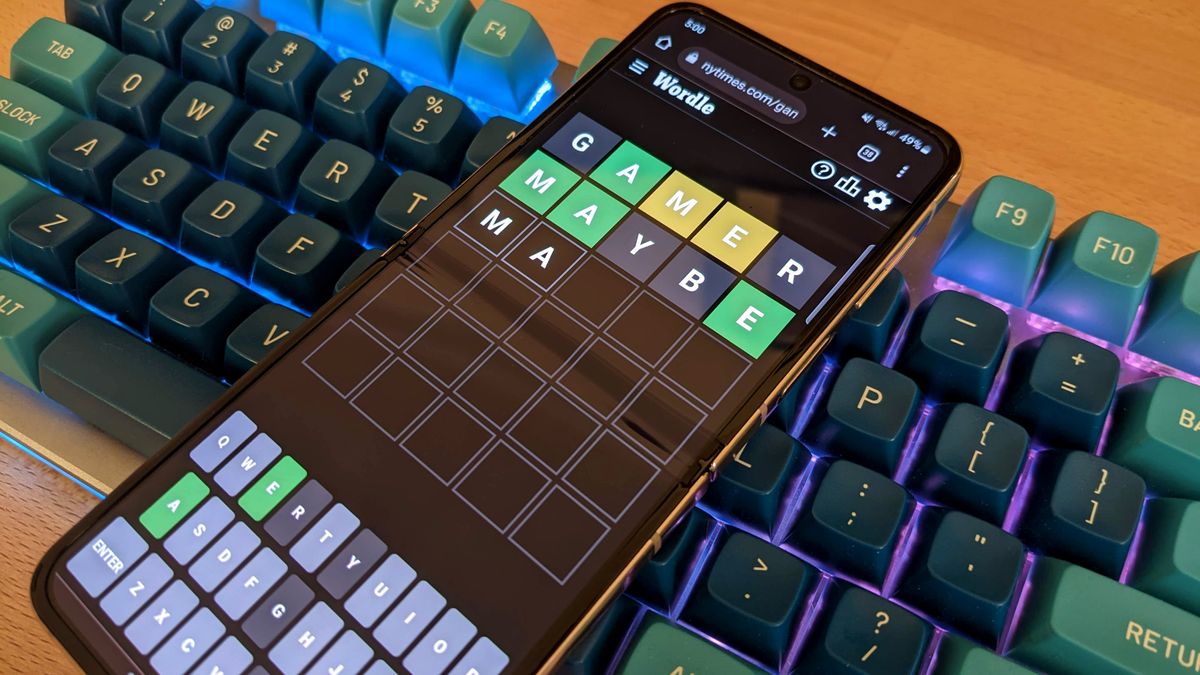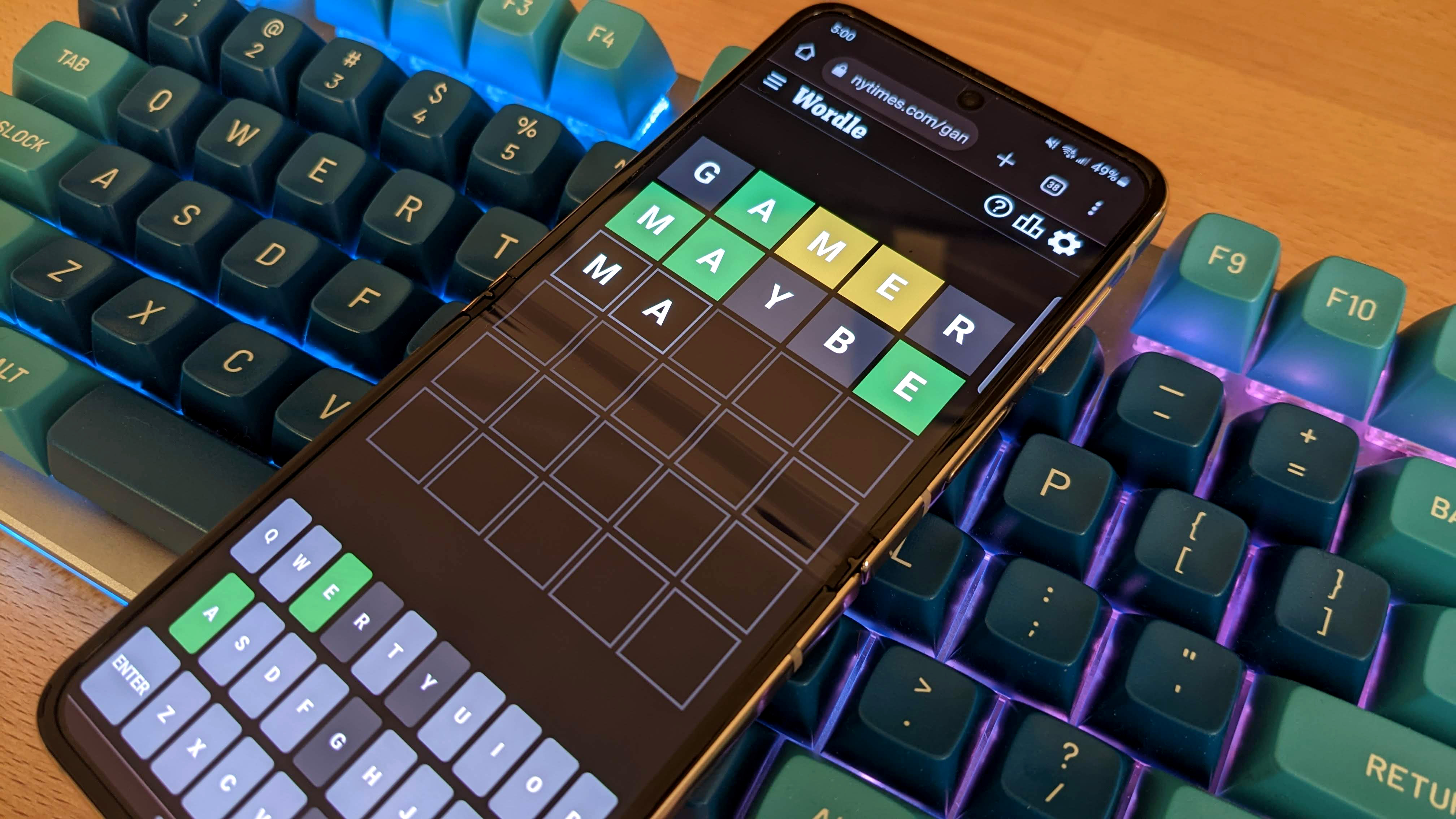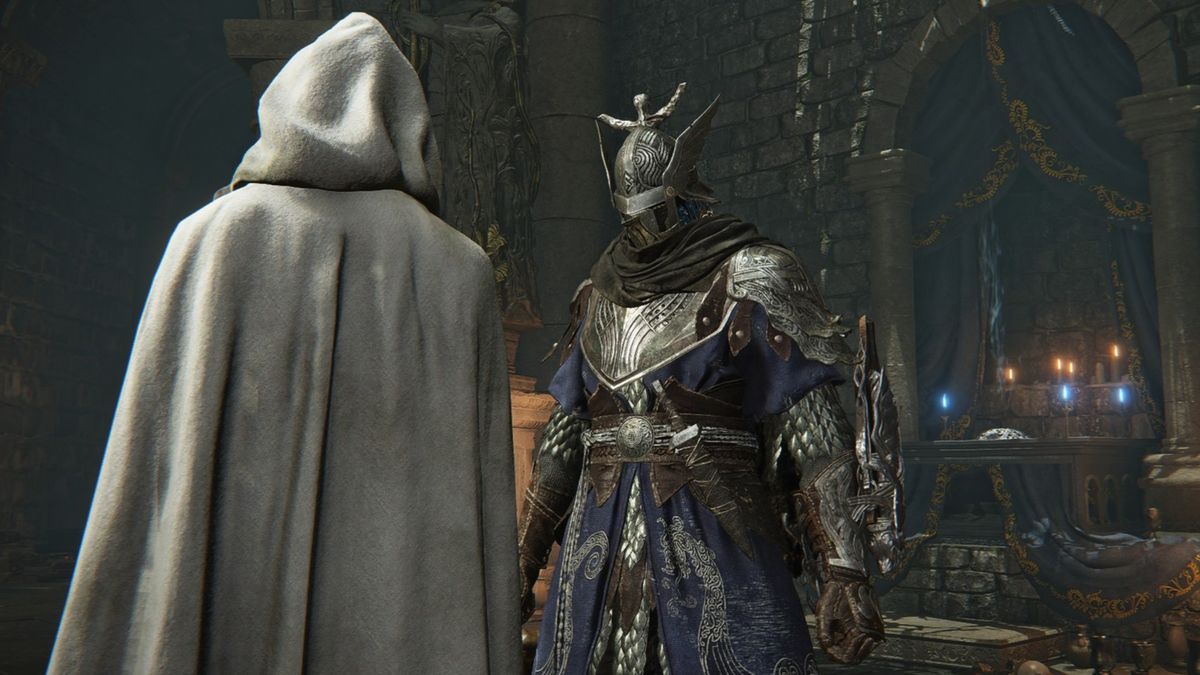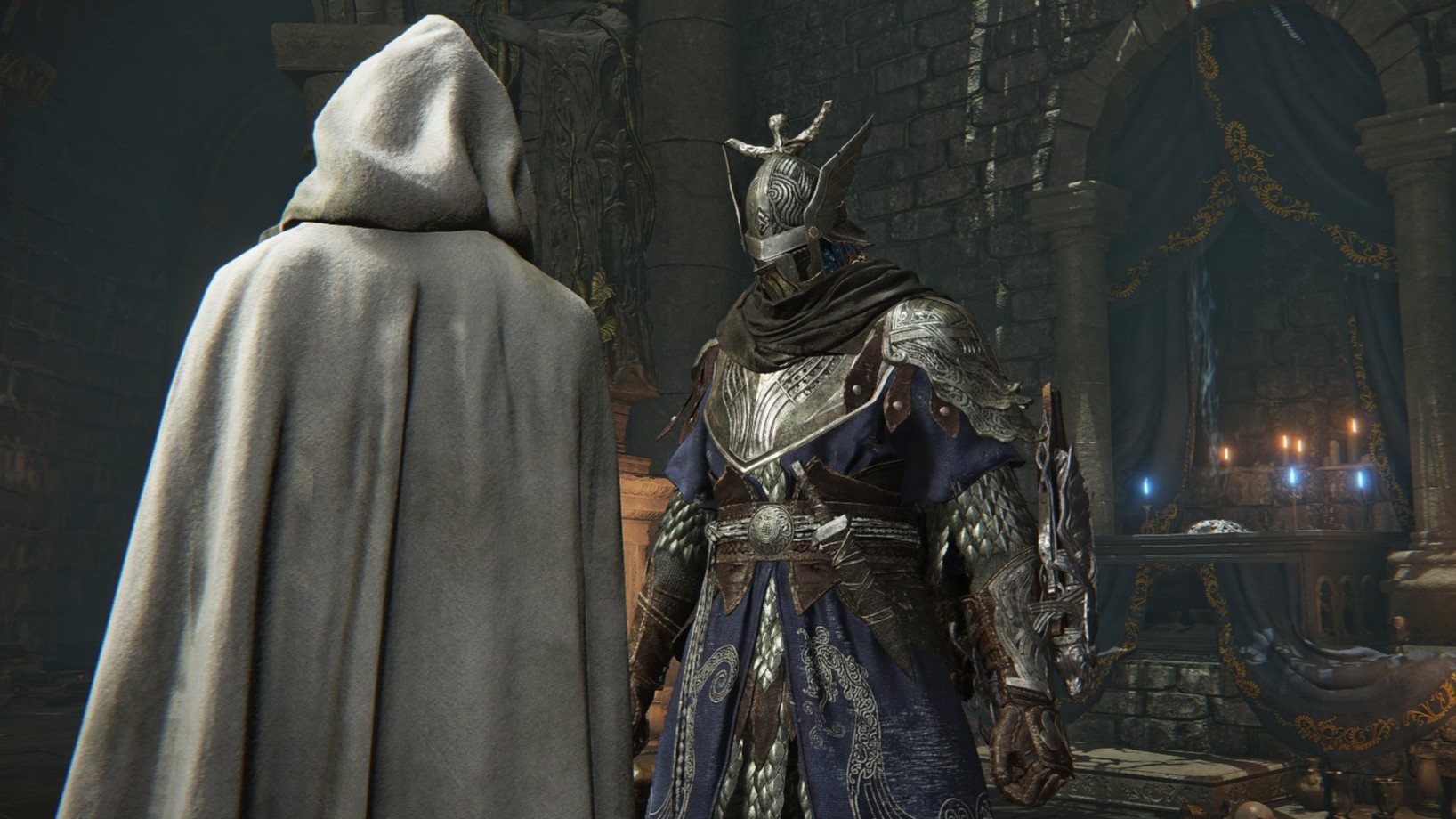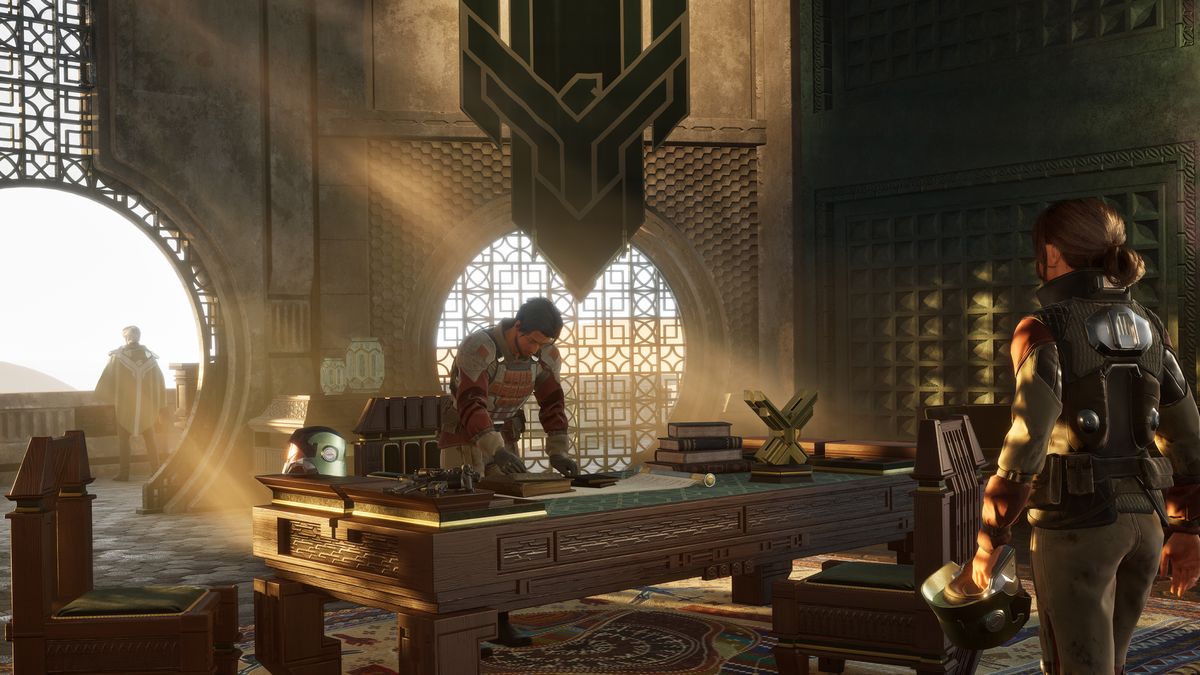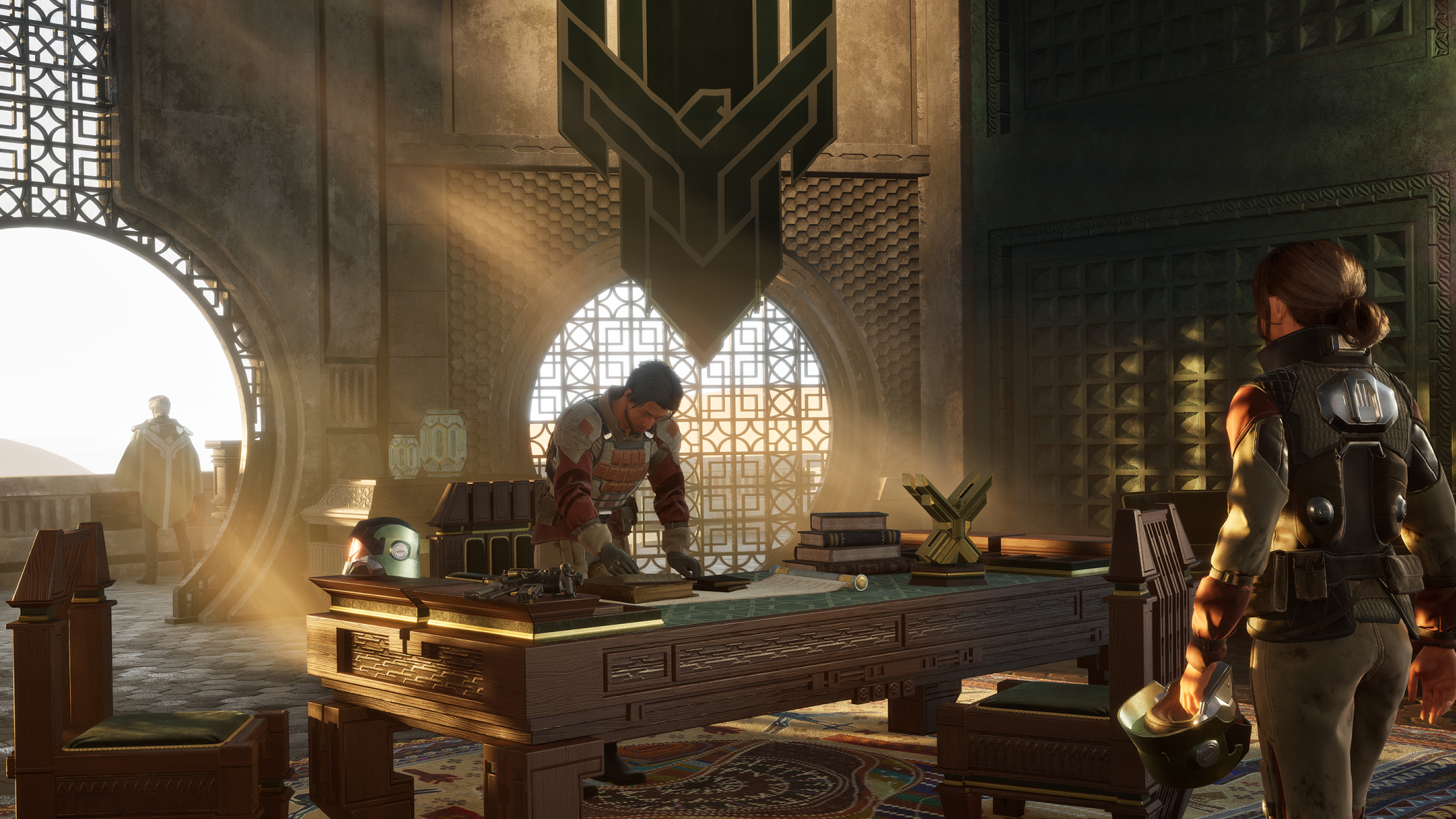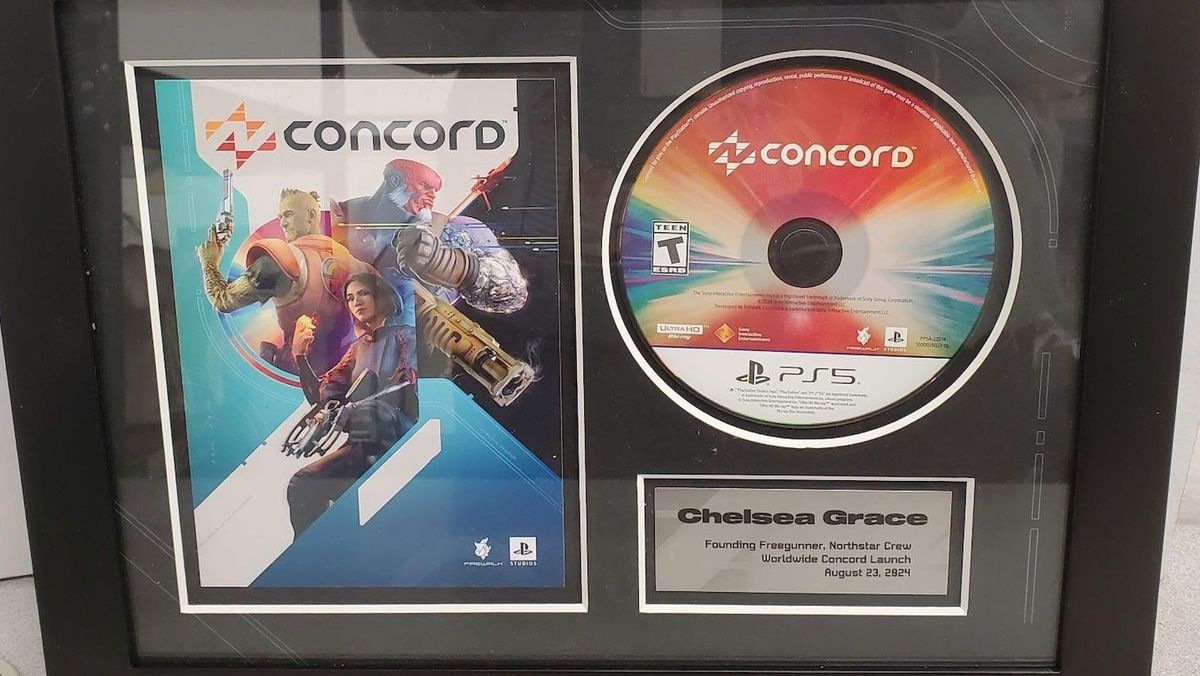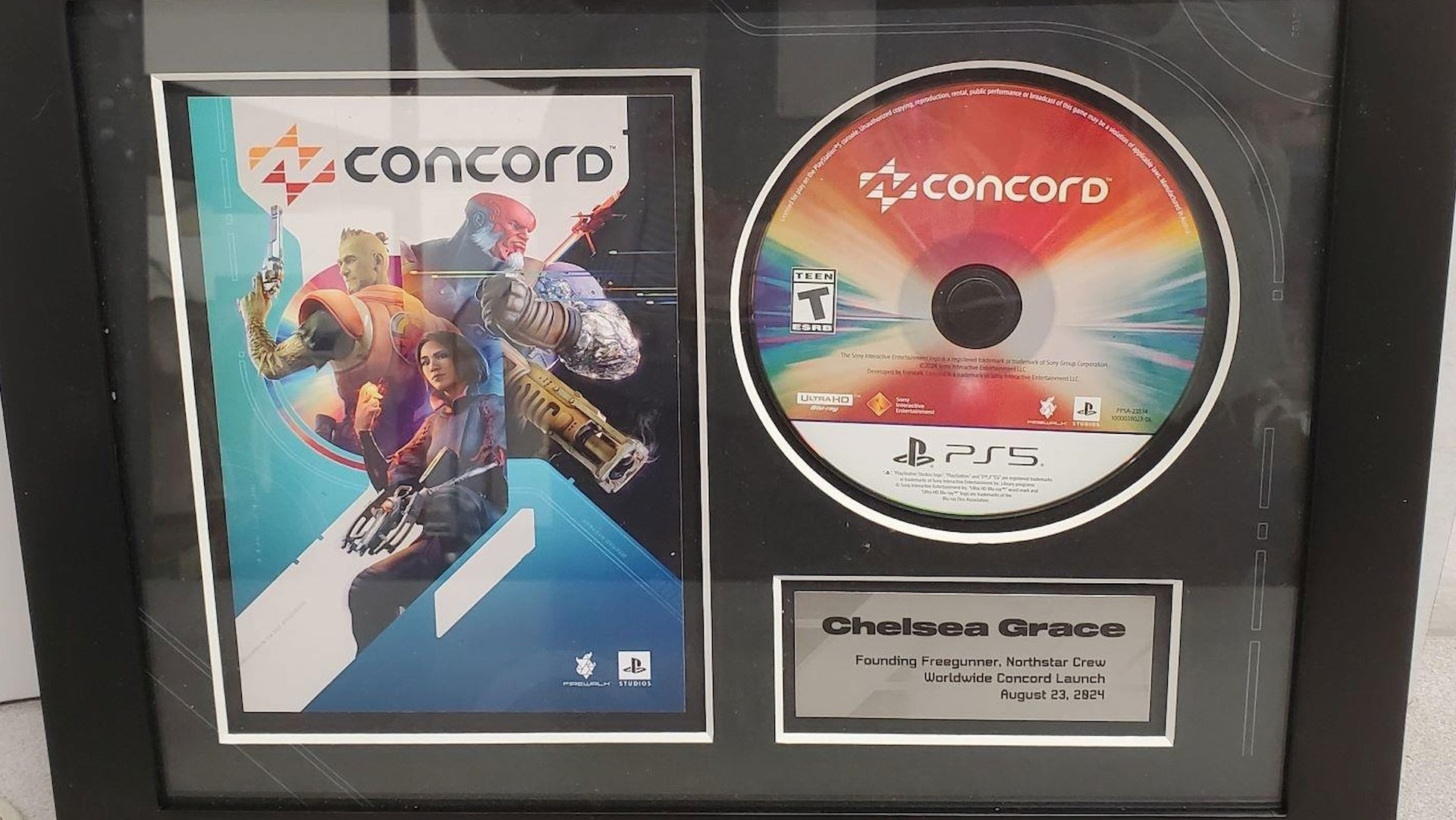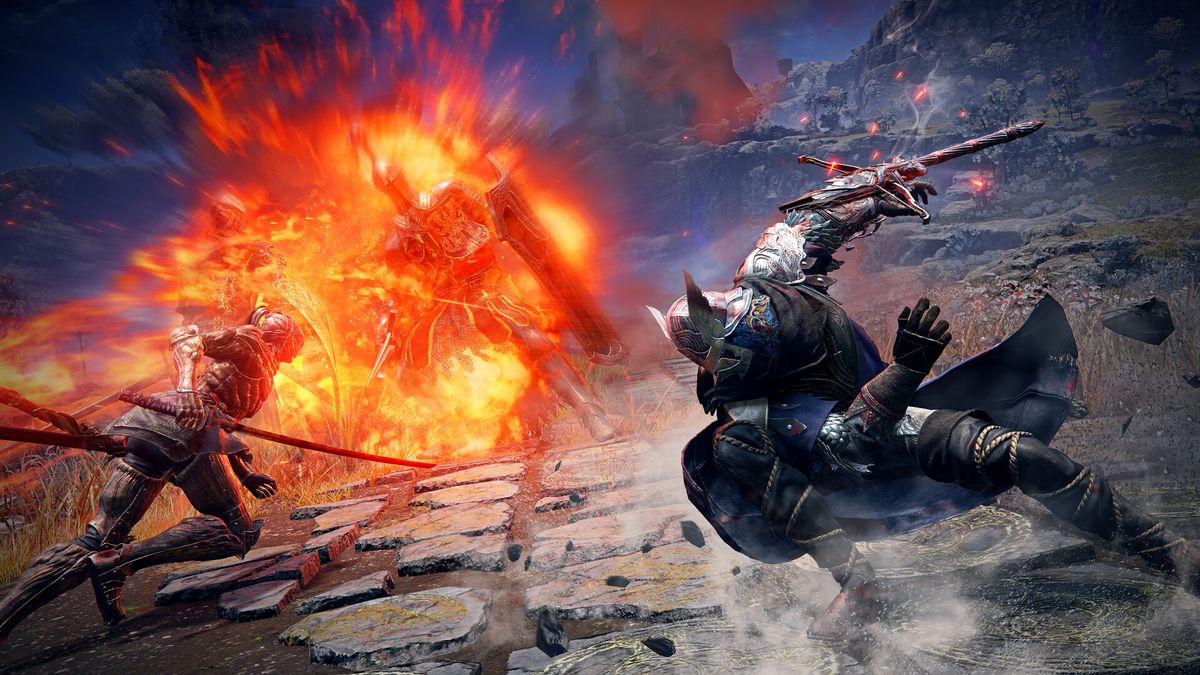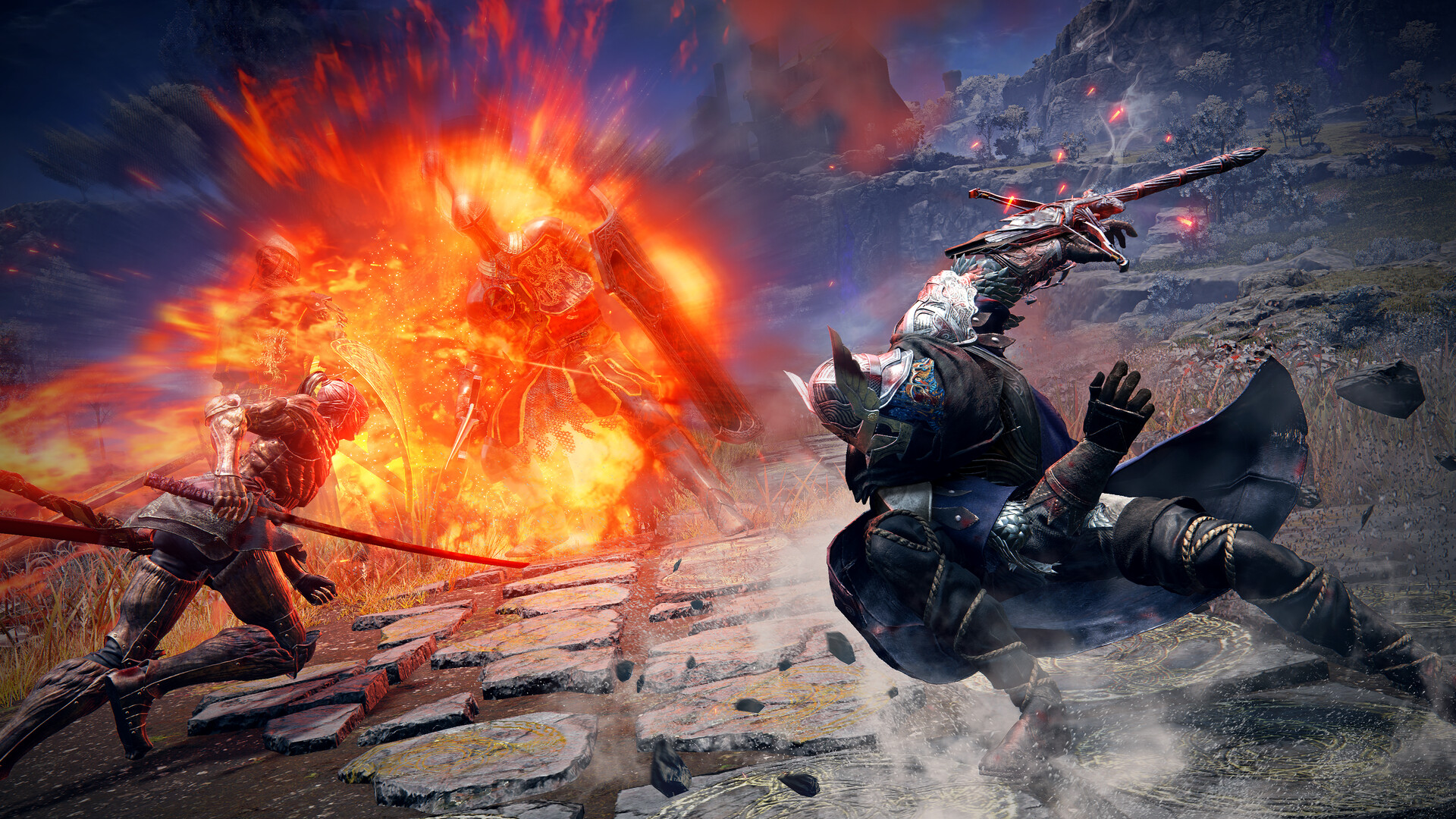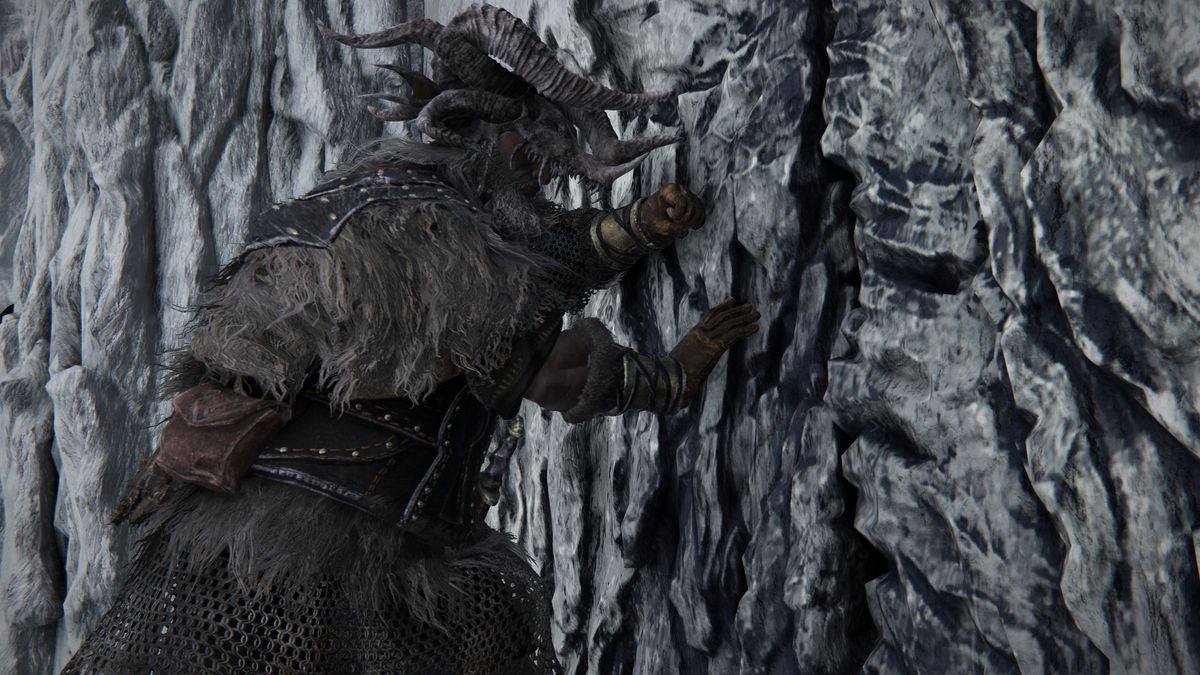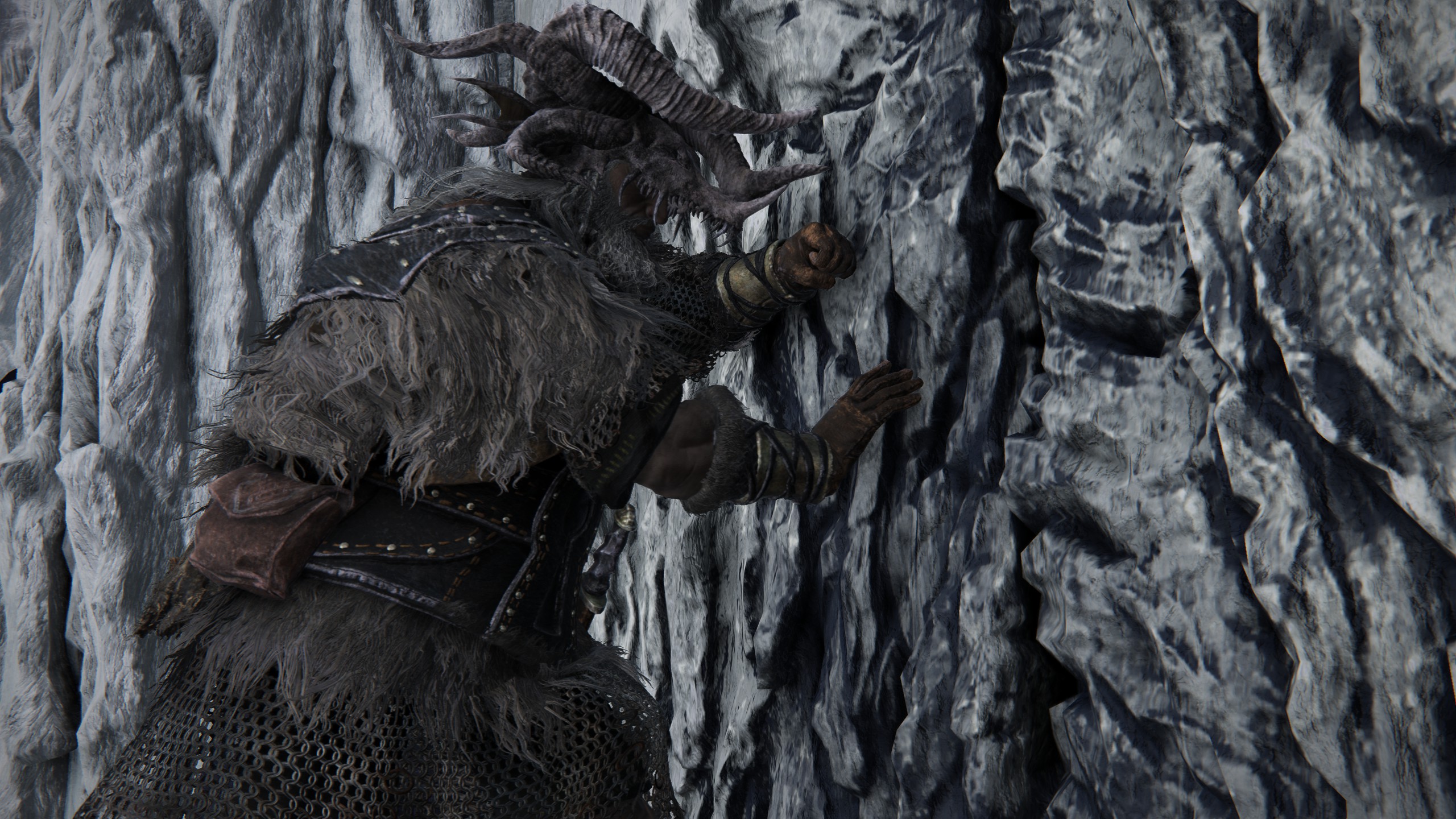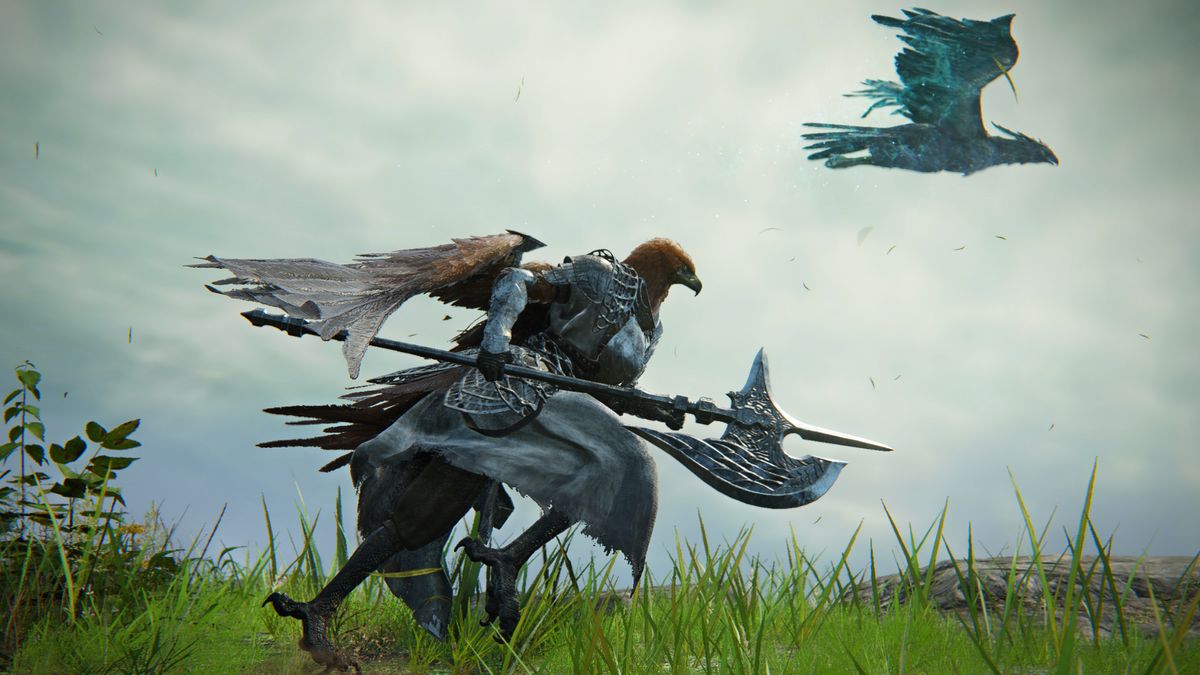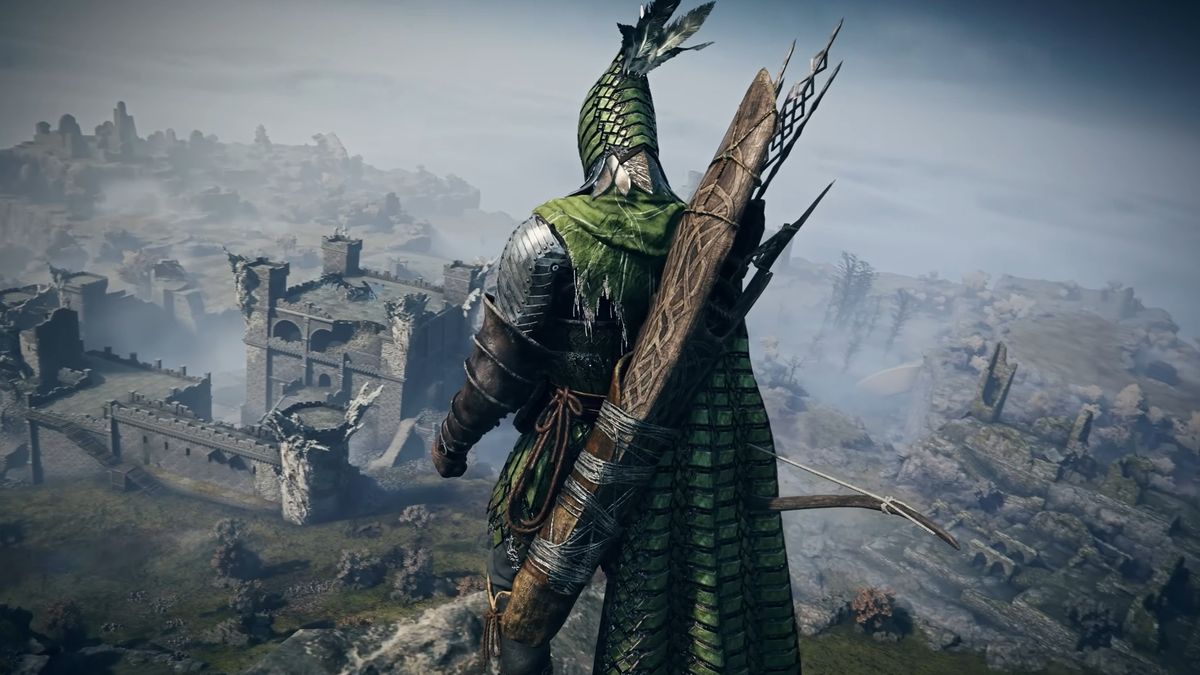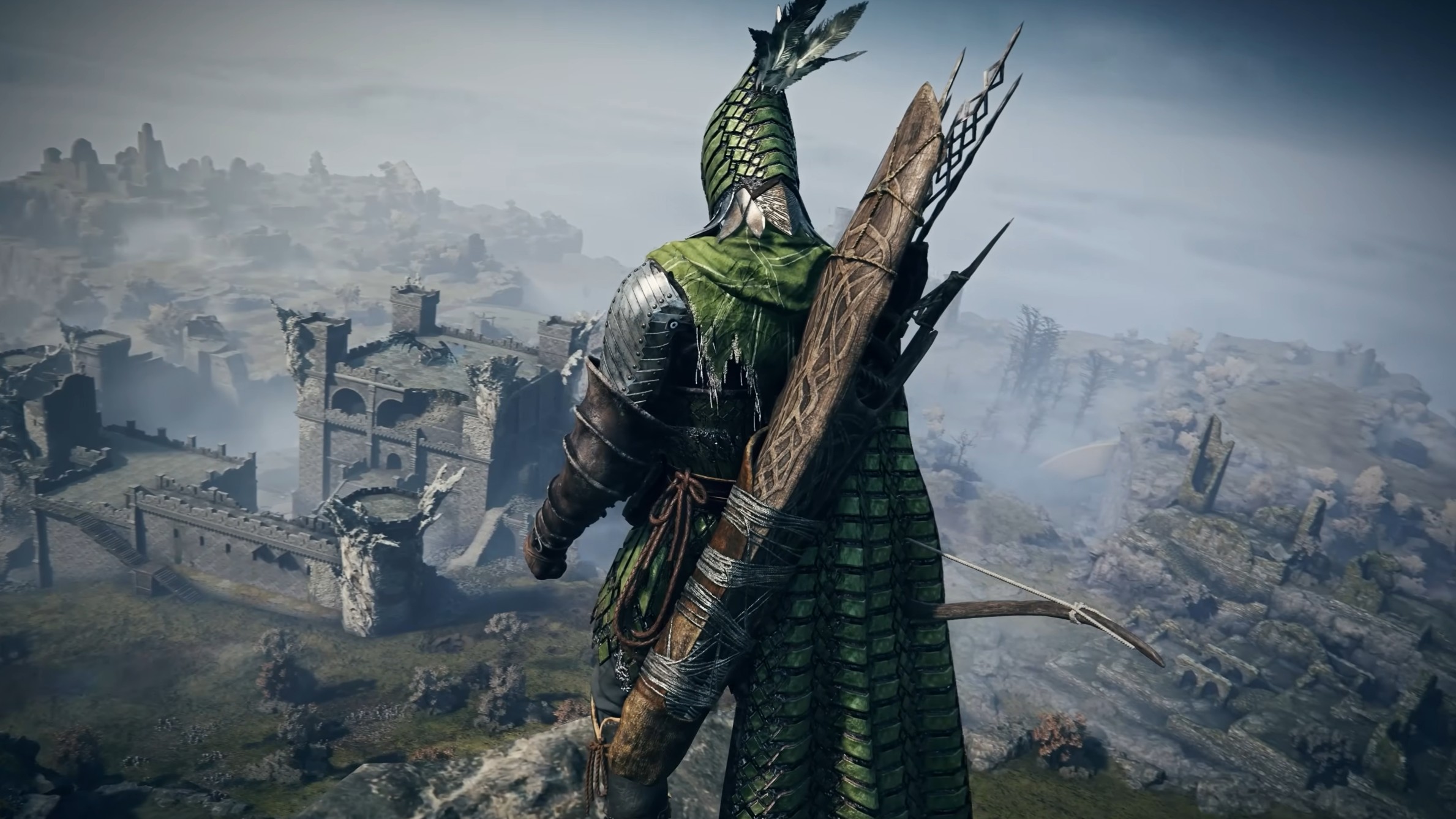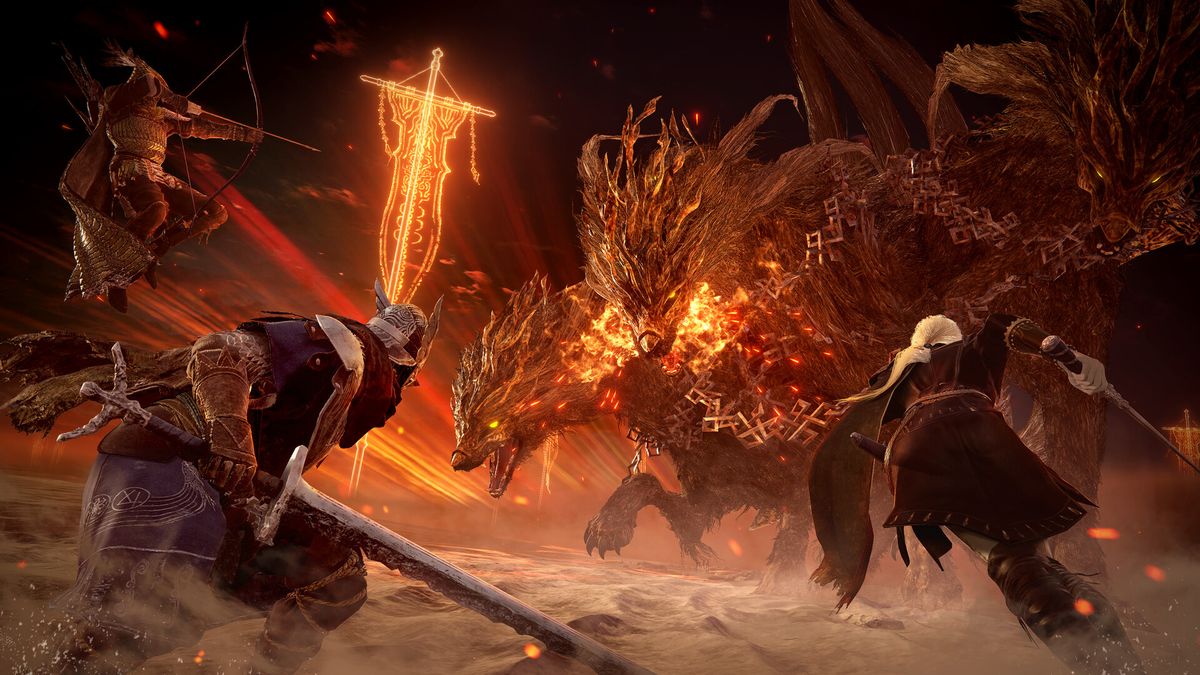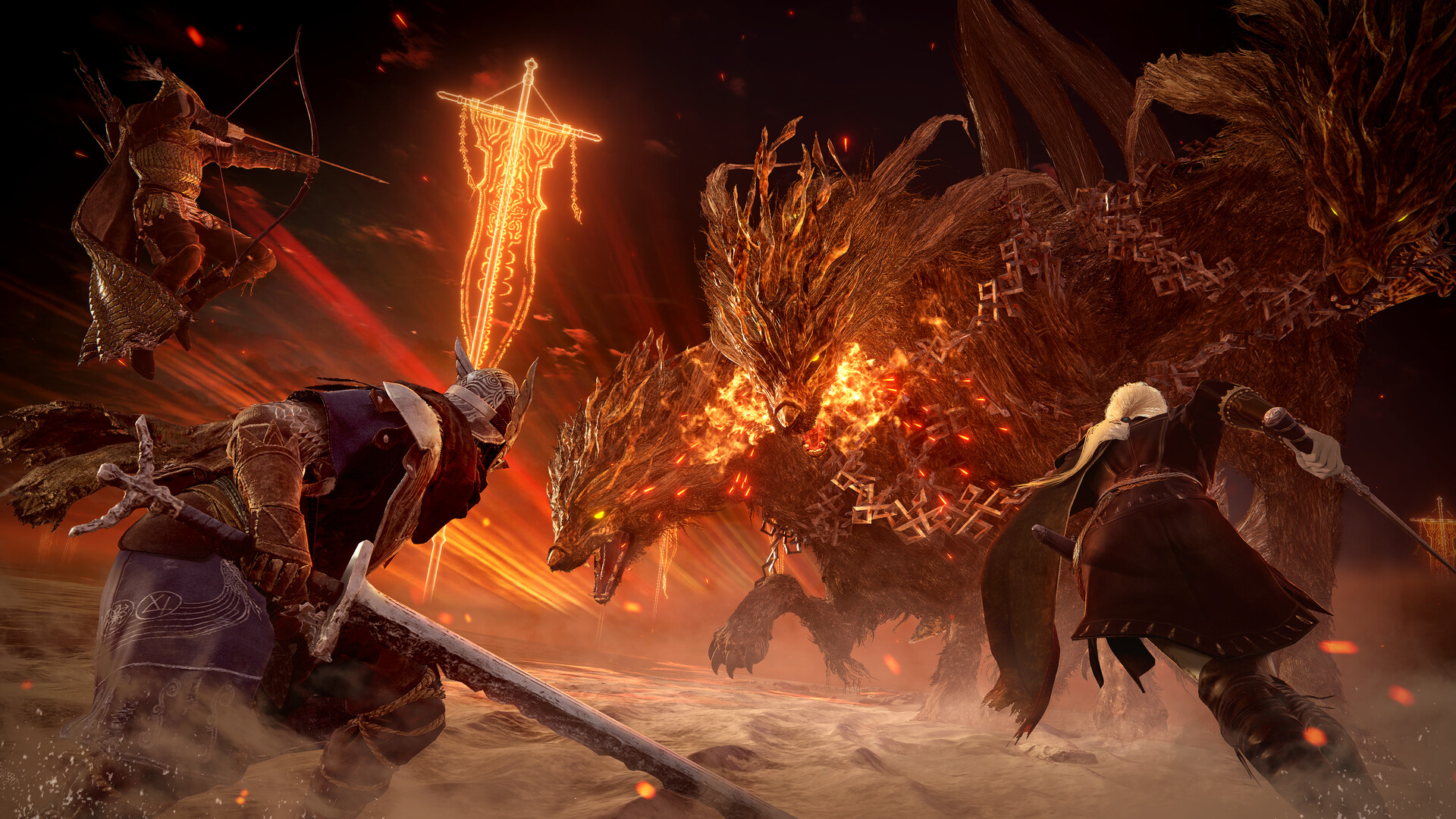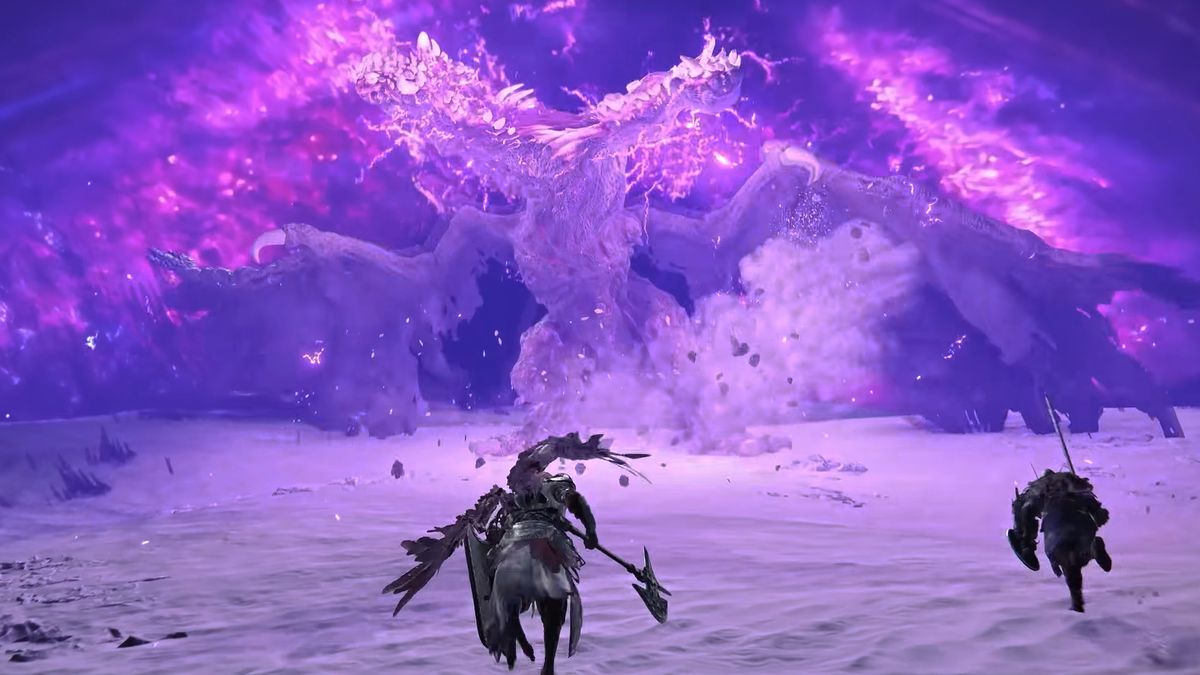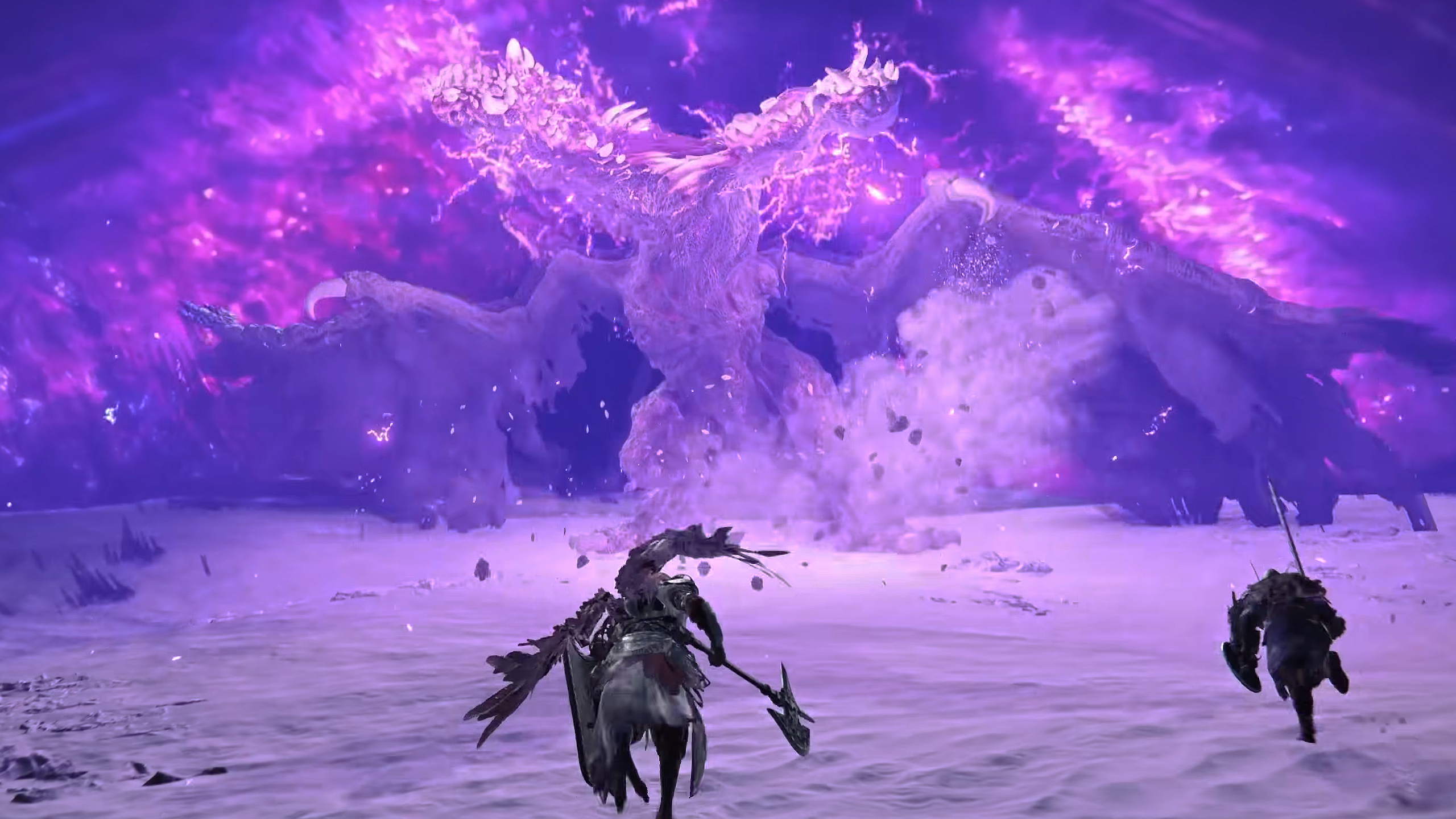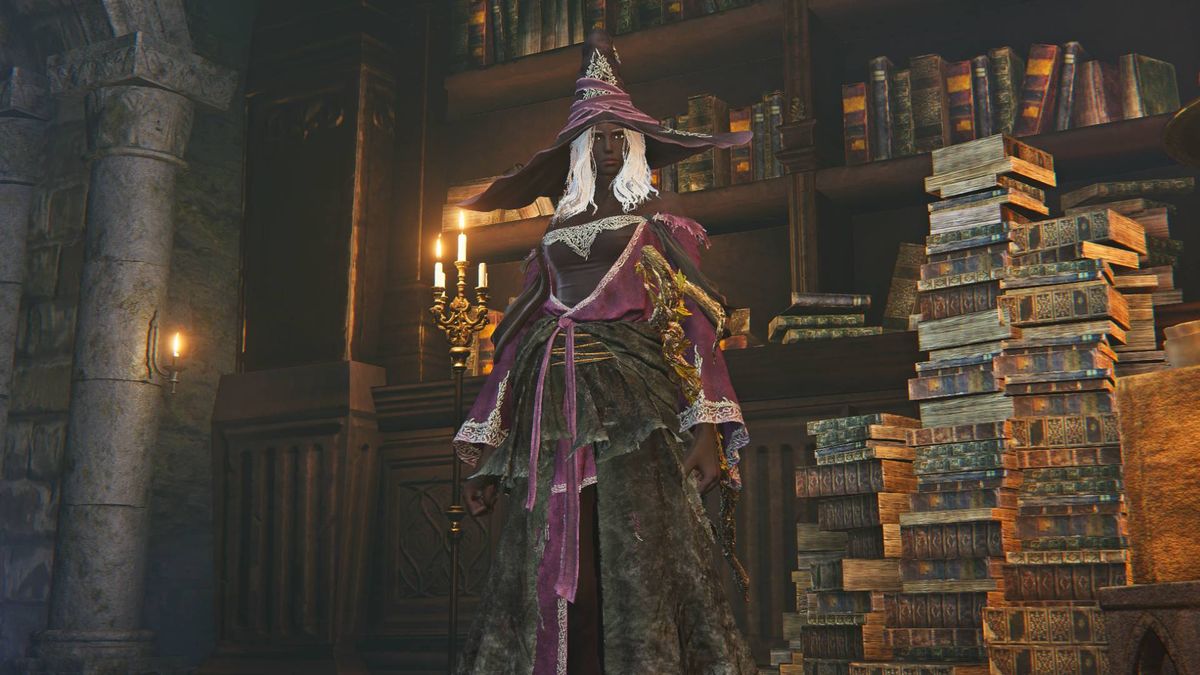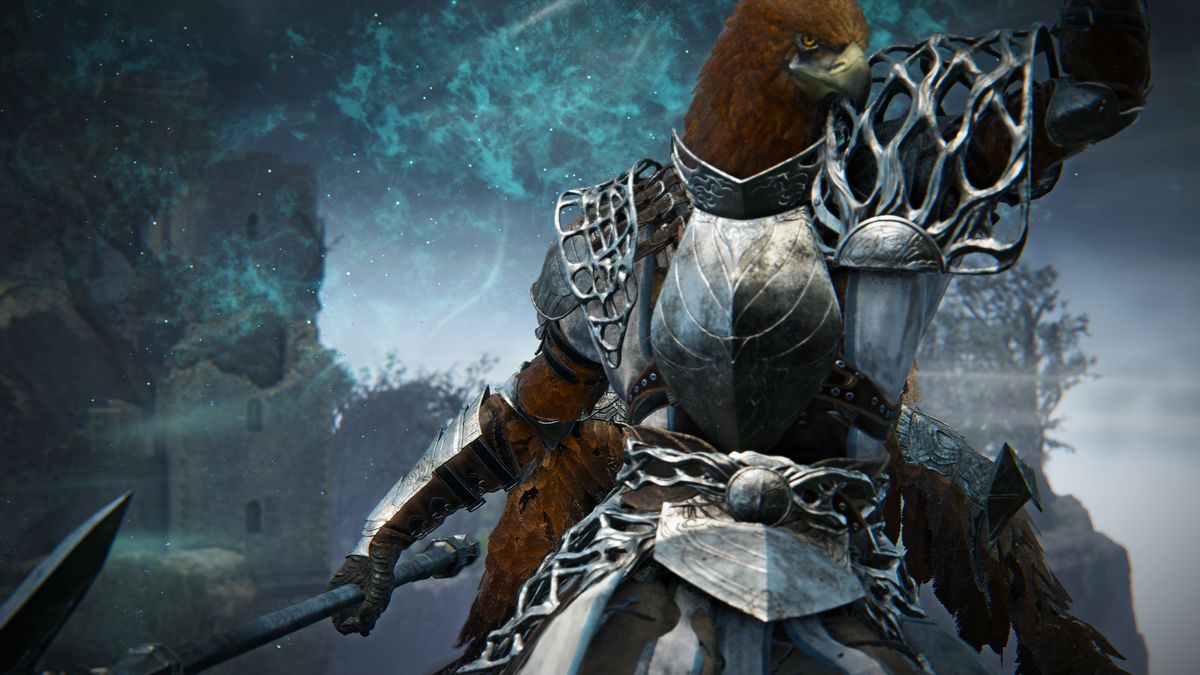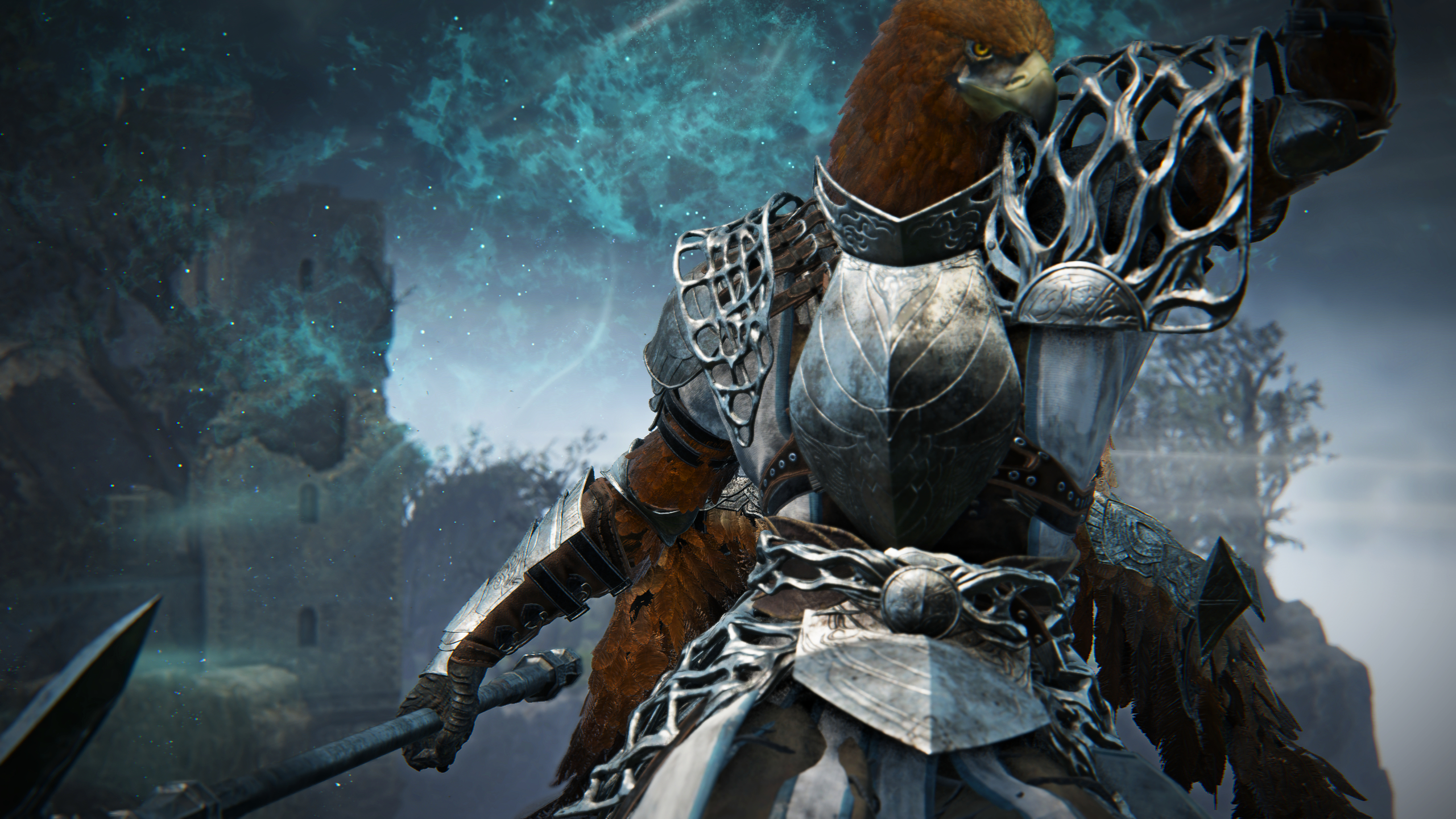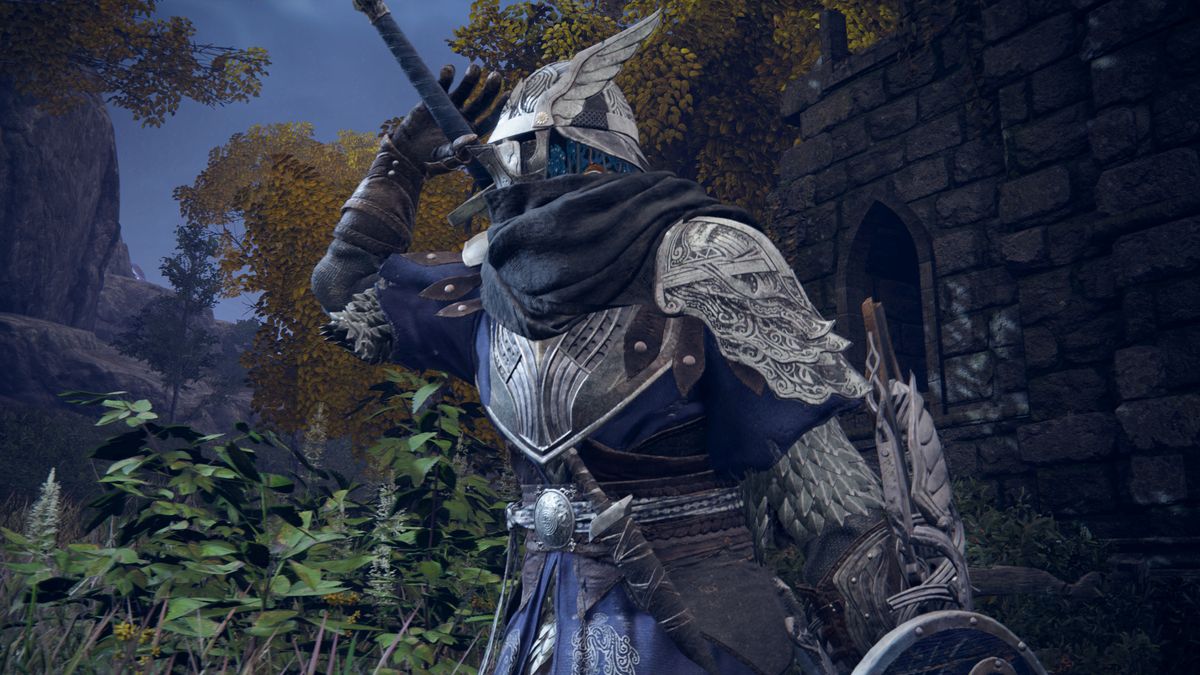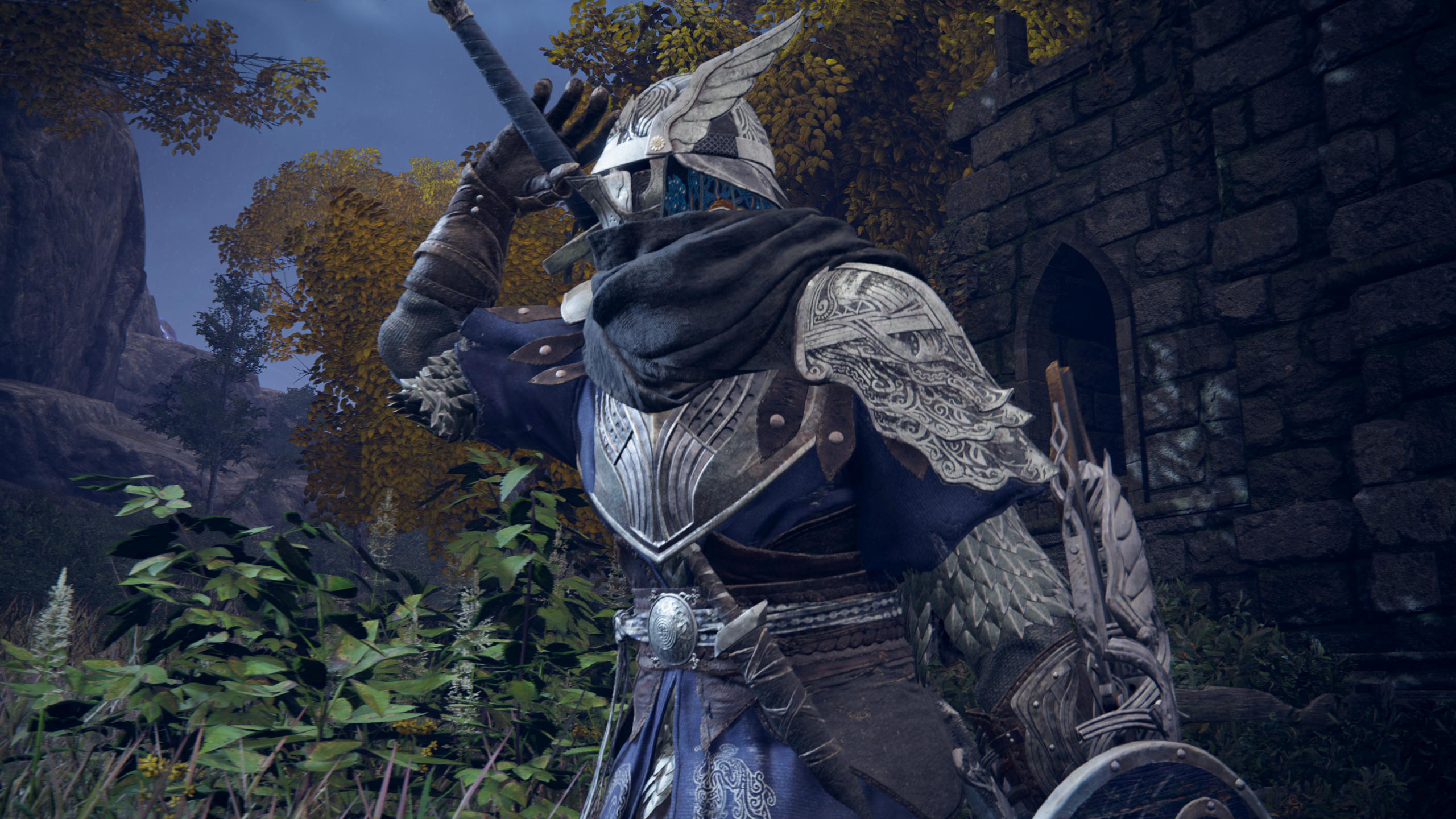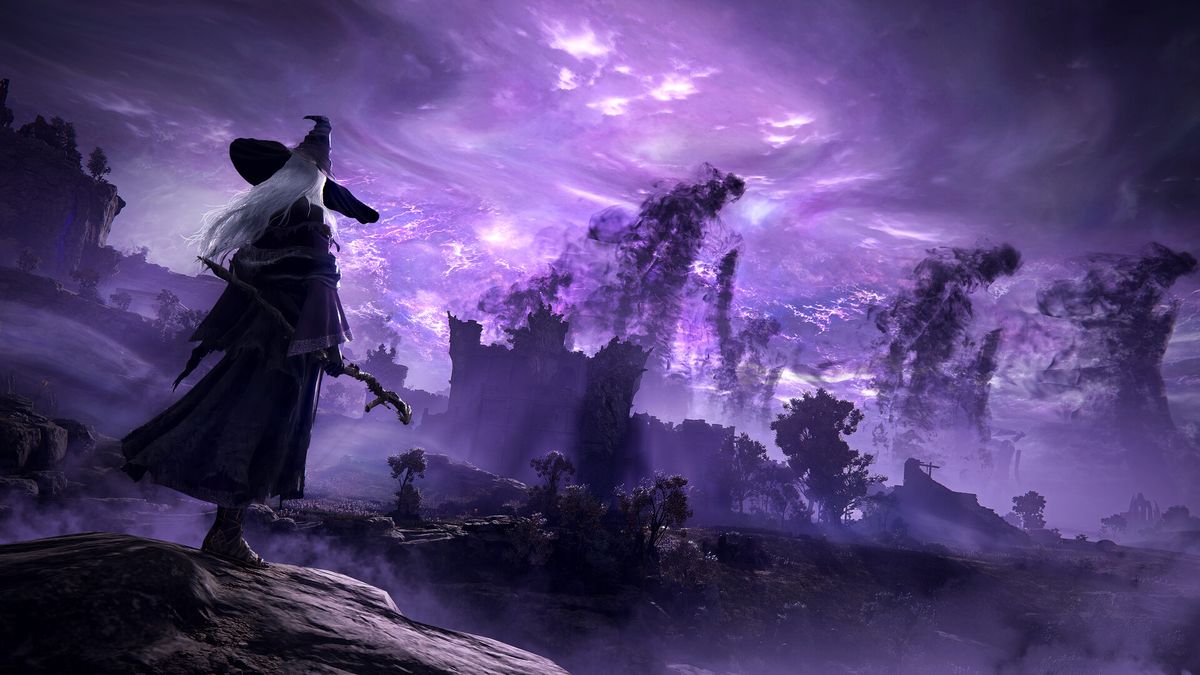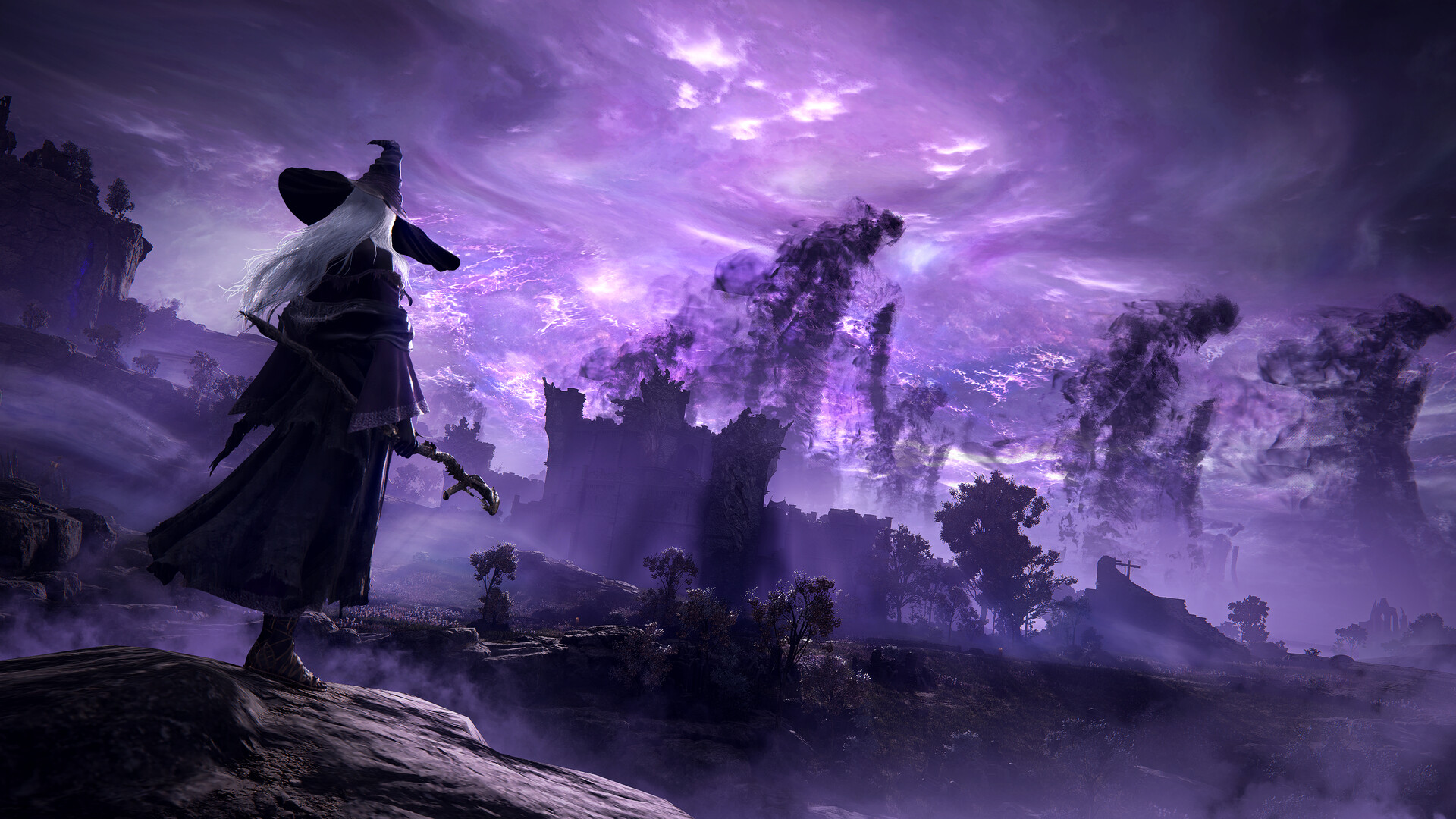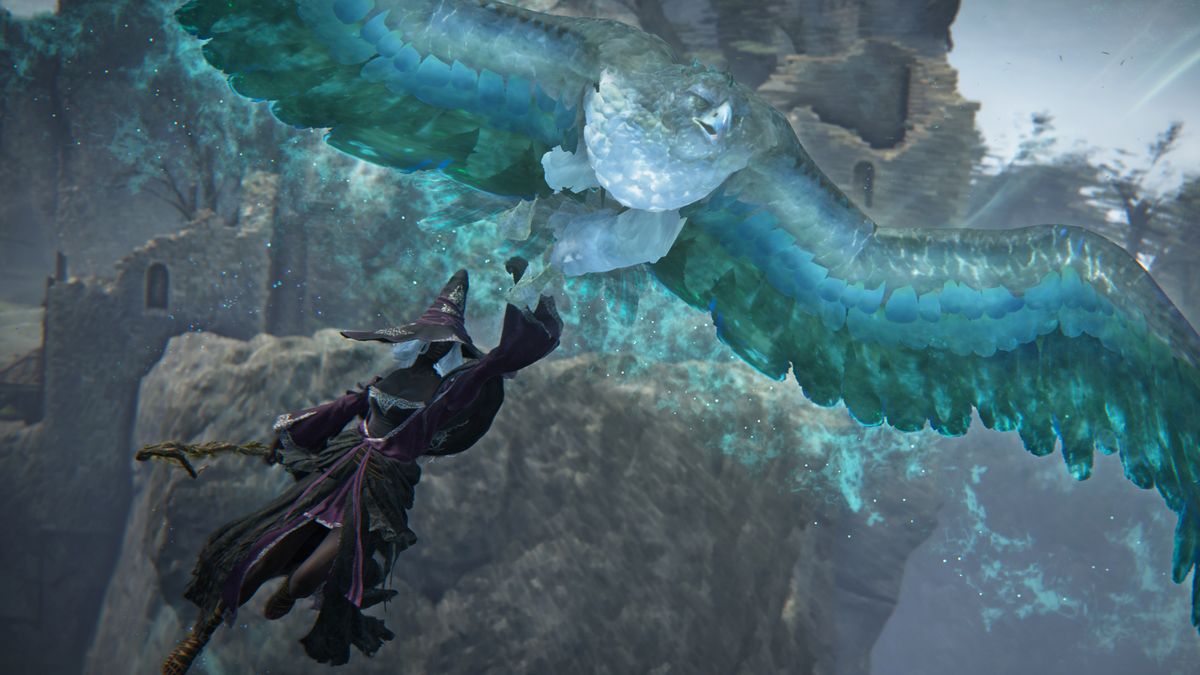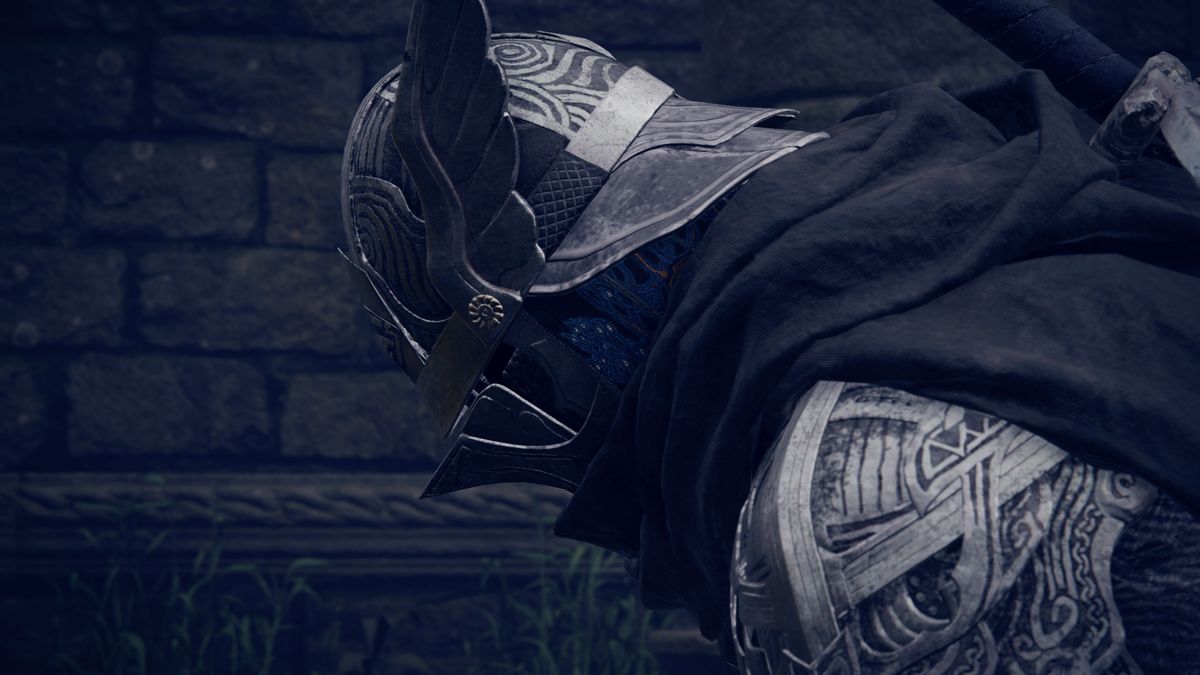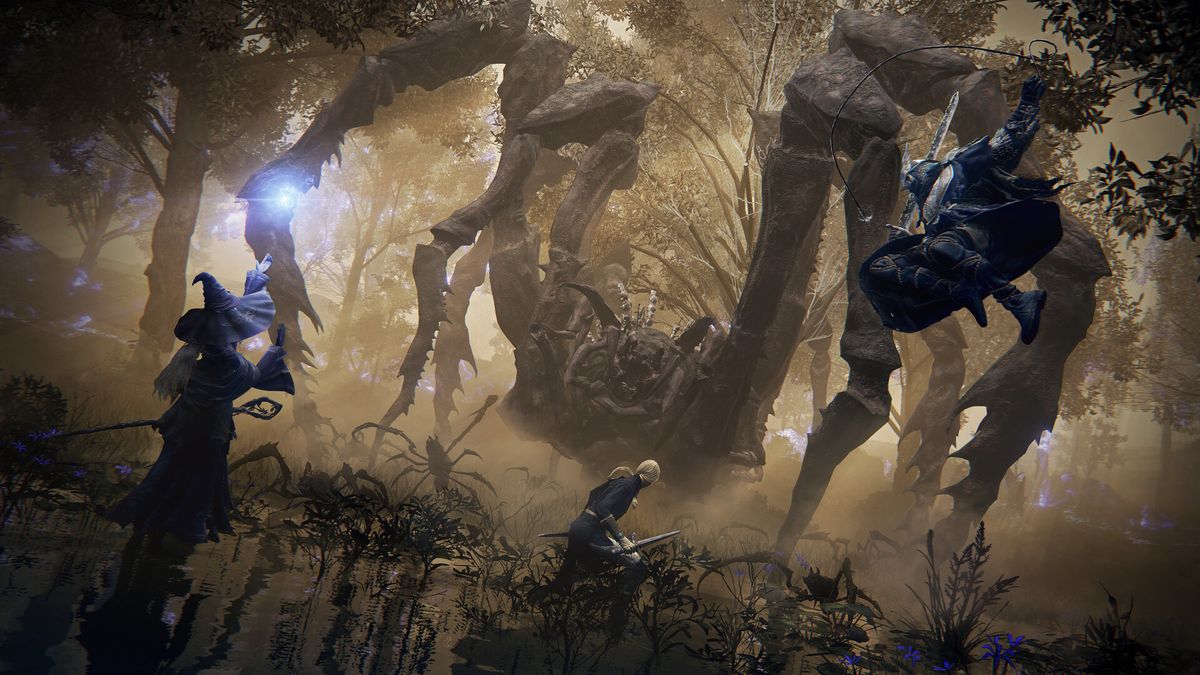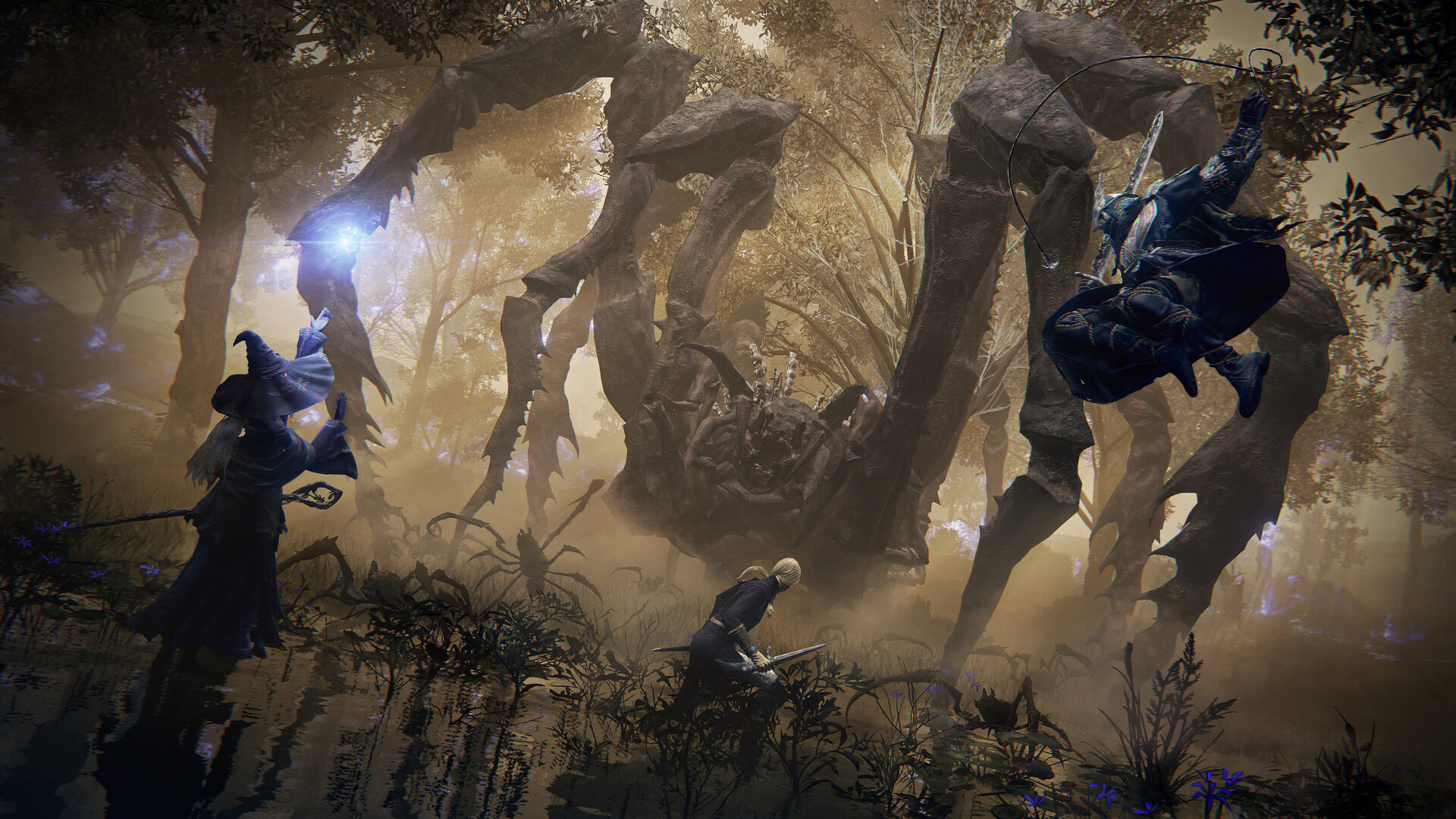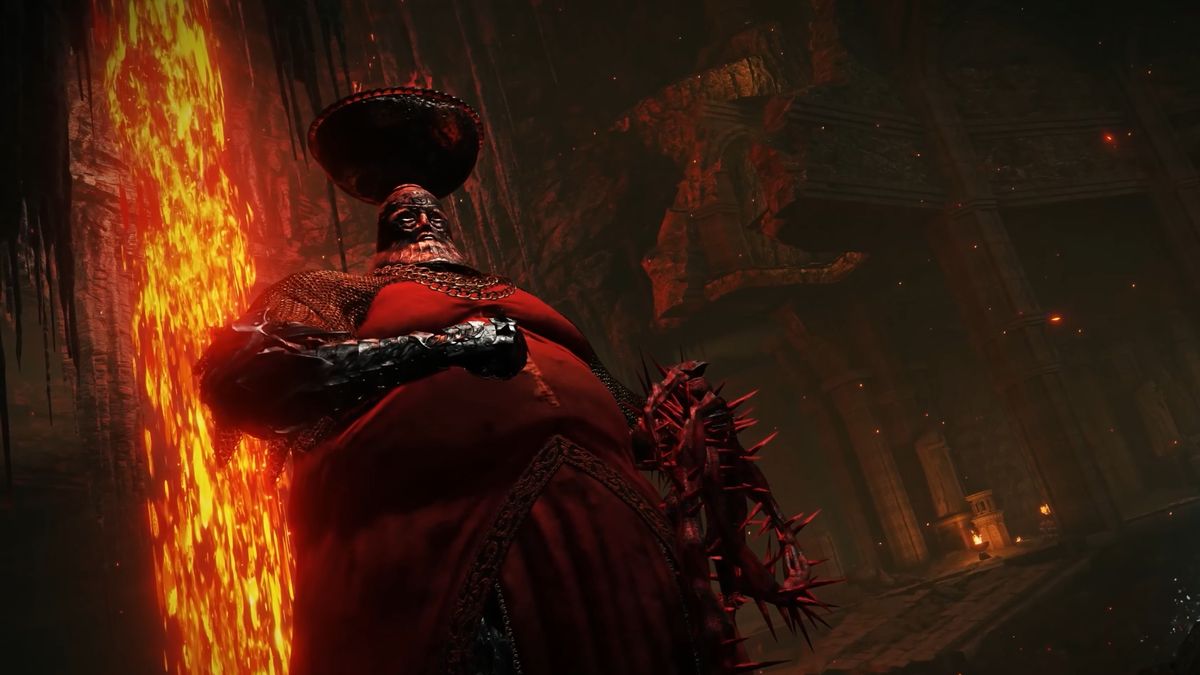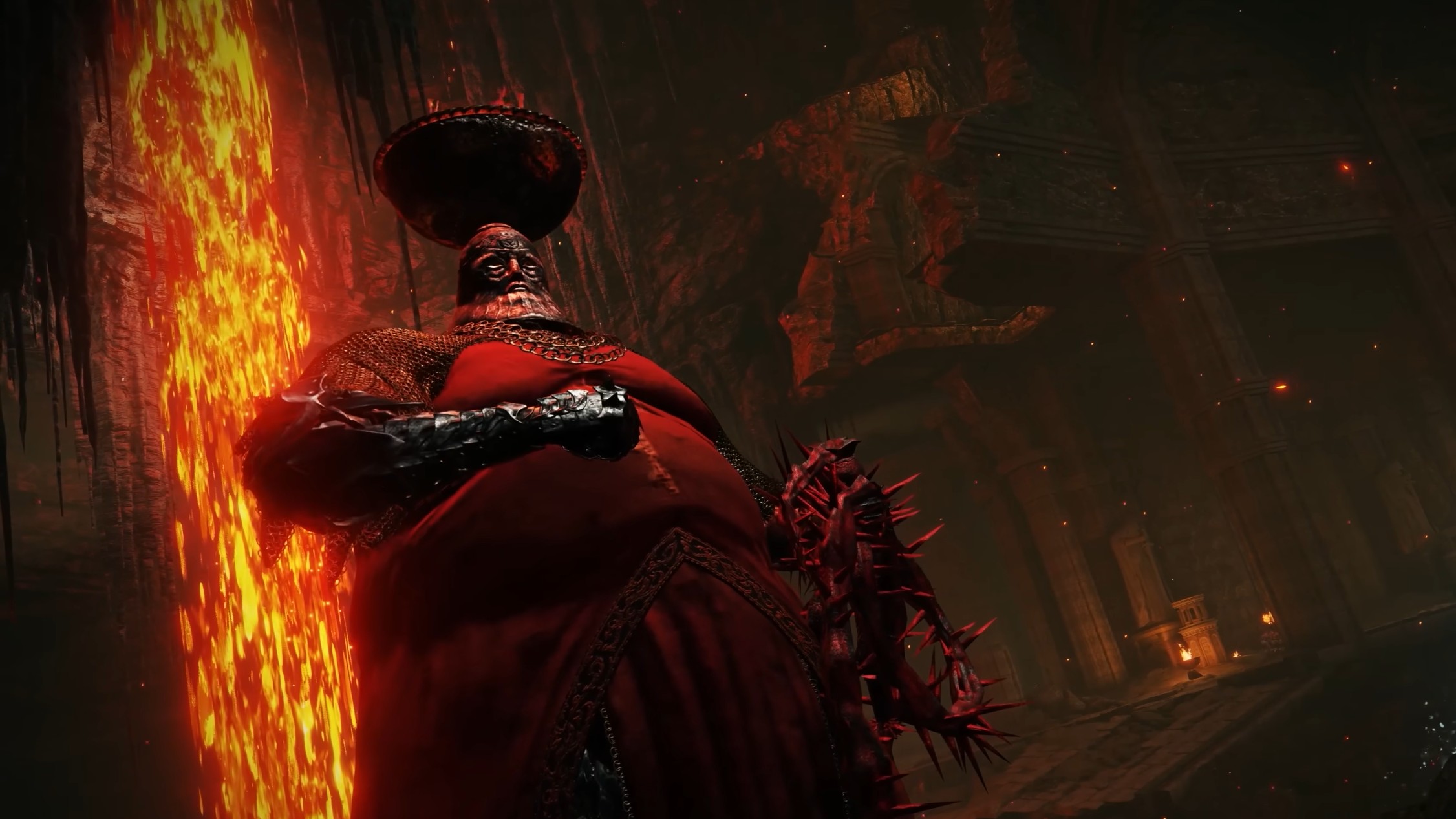
The Trump administration’s tariffs are just beginning to affect U.S. consumers, and the worst may still be ahead. When the tariffs were first announced in March, analysts quickly warned that prices could rise and supply chains could be disrupted, impacting everything from video game consoles to physical games and accessories.
In April, the White House introduced a 10% universal tariff on imports from all countries, followed by a wave of so-called "reciprocal tariffs" on more than 50 nations. At one point, the tariff on Chinese imports reached 145% before being paused and temporarily reduced to 30% in May.
The current tariff situation is constantly shifting and often difficult to track, but one thing is already clear: it is starting to reshape the gaming industry. Major companies including Sony, Microsoft, and Nintendo are looking at adjusting prices, reevaluating supply chains, and preparing for an uncertain year.
Major Gaming Brands

Major gaming brands like Sony, Microsoft, and Nintendo may be best positioned to weather the tariff storm thanks to deep cash reserves and flexible supply chains. But if the tariffs drag on, price hikes for consumers will become increasingly difficult to avoid.
Sony
Sony has been suspiciously quiet in response to the latest round of U.S. tariffs. Despite a sharp single-day drop in stock following President Trump’s reciprocal tariffs on April 5, PlayStation’s parent company has yet to announce any price hikes for its products in the U.S.
That said, the writing may already be on the wall. In April, Sony raised prices on PS5 consoles in Europe, the UK, Australia, and New Zealand, citing “a challenging economic environment, including high inflation and fluctuating exchange rates.” In a recent interview, Sony CFO Lin Tao stated that the company is closely watching “the market trend” and may ultimately “pass on the price and also shipment allocation” to consumers. Tao anticipates tariffs may impact Sony's overall business by as much as $685 million.
While most PlayStation consoles and accessories are manufactured in China, Sony says it's actively working to diversify its supply chain and is even considering U.S.-based production. Tao also revealed that Sony has stockpiled a three-month supply of PS5 units in the U.S. to help buffer against short-term tariff impacts.
With the Nintendo Switch 2 and Xbox Series models pushing the average console price higher, the PS5 Pro is suddenly starting to look like a good deal. But if tariffs on Chinese imports remain in place, it’s likely Sony will raise prices across the board on its consoles, games, and accessories to offset the increased costs.
In the meantime Sony is having its annual PlayStation Days of Play sale and has temporarily discounted consoles, controllers, and games.
Microsoft
Microsoft wasted no time reacting to the new tariffs. On May 1, the company raised prices across its entire Xbox hardware lineup, with the Xbox Series X now retailing for $600. Since most Xbox consoles and accessories are manufactured in China, Microsoft is facing higher import costs and is building those costs directly into the new pricing to protect its margins.
That said, Microsoft may be the best positioned to adapt. The company already uses a facility in Guadalajara, Mexico for final assembly of many U.S.-bound Xbox products. Some users have even reported purchasing Xbox Series S consoles manufactured in Vietnam as early as 2023, signaling that Microsoft has been shifting production away from China for some time.
The company also confirmed that Xbox game prices will rise this holiday season, with first-party titles jumping to $79.99. While pricing remains unchanged for Nintendo and PlayStation for now, analysts expect others to follow Microsoft's lead.
Accessories like controllers and headsets, which are still primarily produced in China, are also affected by the tariffs. As long as those tariffs remain in place, the higher prices will likely stick. Microsoft’s broader hardware lineup, including Surface laptops and tablets, faces similar challenges. Although some production moved to Thailand and Vietnam as early as 2020, China remains a key manufacturing hub for many of its products.
Nintendo
Nintendo had the unfortunate timing of revealing the Nintendo Switch 2 just days before the Trump administration's reciprocal tariffs took effect. The announcement sparked immediate backlash from fans who felt the $449 price tag was too high. In response, Nintendo delayed U.S. preorders, with Canadian preorders following shortly after, citing a need to "assess the potential impact of tariffs and evolving market conditions."
Not long after, Nintendo confirmed that the Switch 2’s price would remain unchanged in the U.S., holding steady at $449 for the base model and $499 for the Mario Kart World bundle. Instead of adjusting console prices, the company opted to raise the cost of all Switch 2 accessories, with most items increasing by $5 to $10.
While the majority of Nintendo's hardware and accessories are still manufactured in China, the company began shifting some production to Vietnam back in 2019. Earlier this year, more than one million Switch 2 consoles arrived in the U.S. as part of an effort to stockpile inventory ahead of the June 5 release and mitigate the impact of the tariffs.
Roughly one-third of Switch 2 consoles are now produced in Vietnam, but the bulk of Nintendo’s supply chain remains in China. With accessory prices already rising in the U.S. and some first-party titles hitting $80, further increases could be on the horizon if the tariffs persist.
Nintendo President Shuntaro Furukawa recently voiced concern about the impact of tariffs in the U.S. noting that consumers "will have less money to spend on game consoles" if the cost of daily necessities like food continues to rise. Despite the uncertainty, Nintendo is forecasting 15 million Switch 2 units sold in its first year.
Razer
Razer is one of the largest gaming accessory brands in the world and currently operates dual headquarters in Singapore and Irvine, California. Known for its iconic RGB-infused gaming peripherals, Razer manufactures a wide range of gear for gamers including mice, keyboards, headsets, microphones, gaming chairs, and much more.
In addition to accessories, Razer also produces one of the best gaming laptops on the market, the Razer Blade, that masterfully blends performance and portability.
However, the majority of Razer’s products are manufactured in China, with only a small number made in Taiwan. As a result, the company is heavily impacted by international trade tariffs. Shortly after the reciprocal tariffs took effect in April, and the rate on Chinese goods increased to 145%, Razer announced it would temporarily halt the sale of some products in the U.S., including the new Razer Blade 16.
Razer products already command premium prices due to their reputation for quality and design. If high tariffs persist, prices could climb even higher, pushing its gear further out of reach for budget-conscious gamers.
Dell
Dell, which also oversees the Alienware line of gaming computers and accessories, is heavily affected by tariffs due to its significant manufacturing presence in China. Fortunately, Dell’s global footprint includes facilities in Brazil, India, Malaysia, Mexico, Poland, and Vietnam. This broader network may help offset some of the financial impact, depending on where individual products are made.
Like most electronics companies, Dell depends heavily on semiconductors, the majority of which are produced in Taiwan by Taiwan Semiconductor Manufacturing Company (TSMC). When the Trump administration implemented reciprocal tariffs in April, a 32% duty was initially placed on imports from Taiwan, which would have significantly disrupted the electronics industry. Thankfully, semiconductor products received a temporary exemption, although that protection may not last.
In response to the global supply chain uncertainty, Dell, like many other companies, began shipping large quantities of products to the U.S. and stockpiling them in warehouses to get ahead of the tariffs. While the reciprocal tariffs were paused for 90 days against most countries, that temporary relief is set to expire on July 8, and it's unclear what is going to happen after that date. For now, it's best to purchase what you need before any potential price increases.
More Gaming Accessory Brands That Will Probably Be Affected

Like the biggest accessory makers, these companies rely heavily on Chinese manufacturing and are expected to feel the effects of tariffs in the near future.
8BitDo
8BitDo, known for its retro-inspired gaming peripherals, is headquartered in and manufactures its products in China. It recently announced it would be halting all shipments from China, relying solely on its inventory in the U.S. to meet demand in the interim.
ASUS
ASUS, known for its gaming computers, peripherals, and Republic of Gamers (ROG) line, primarily manufactures its products in China and Taiwan, with some assembly handled in Vietnam.
Corsair
Corsair, which includes SCUF and Elgato, primarily manufactures its products in Taiwan, but also builds many of its products in China, the Philippines, Thailand, and Vietnam.
Gigabyte
Gigabyte manufactures its gaming computers and peripherals in China and Taiwan.
HORI
HORI products are manufactured in China.
HP
HP products, including HyperX and its HP Omen gaming computers, are primarily manufactured in China, although it has additional facilities in Mexico, Taiwan, and Vietnam.
Logitech
Logitech, which includes ASTRO Gaming, primarily manufactures its products in China, but also produces some items in Taiwan, Thailand, and Vietnam.
PowerA
PowerA products are manufactured in China.
Samsung
Samsung is one of the larger brands on this list as it manufactures just about everything from smartphones to TVs to home appliances. Because of its global presence and wide swath of products, it has primary manufacturing facilities in China, Mexico, the Philippines, South Korea, and Vietnam.
SanDisk
SanDisk manufactures its flash memory like SD cards in China, Japan, and Malaysia, while its SSDs are primarily made in China and Thailand. With the Nintendo Switch 2 exclusively using MicroSD Express cards, the prices are likely to increase.
Secretlab
Secretlab manufactures its gaming chairs in China.
Steelseries
Most of Steelseries' products are manufactured in China, although its mousepads are made in Taiwan.
Turtle Beach
Turtle Beach products are manufactured in China.
Valve
Valve, the parent company responsible for Steam, manufactures its products like the Steam Deck and Valve Index VR headset in China.
Matthew Adler has written for IGN since 2019 covering all things gaming, tech, tabletop games, and more. You can follow him on the site formerly known as Twitter @MatthewAdler and watch him stream on Twitch.








